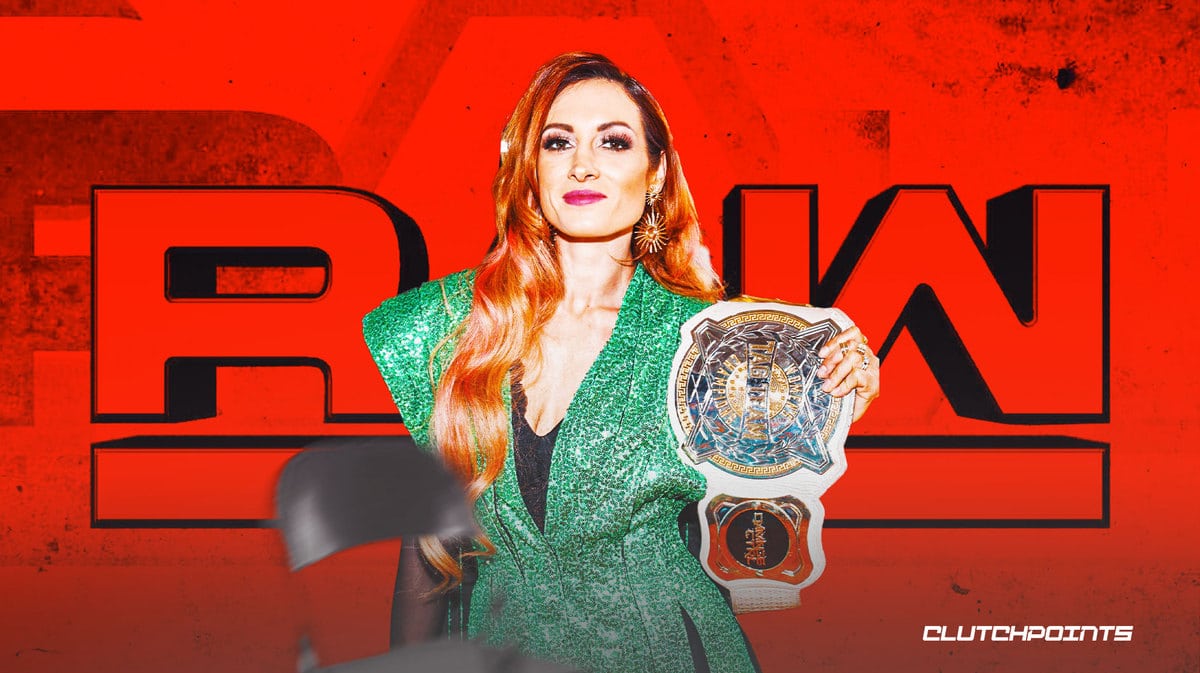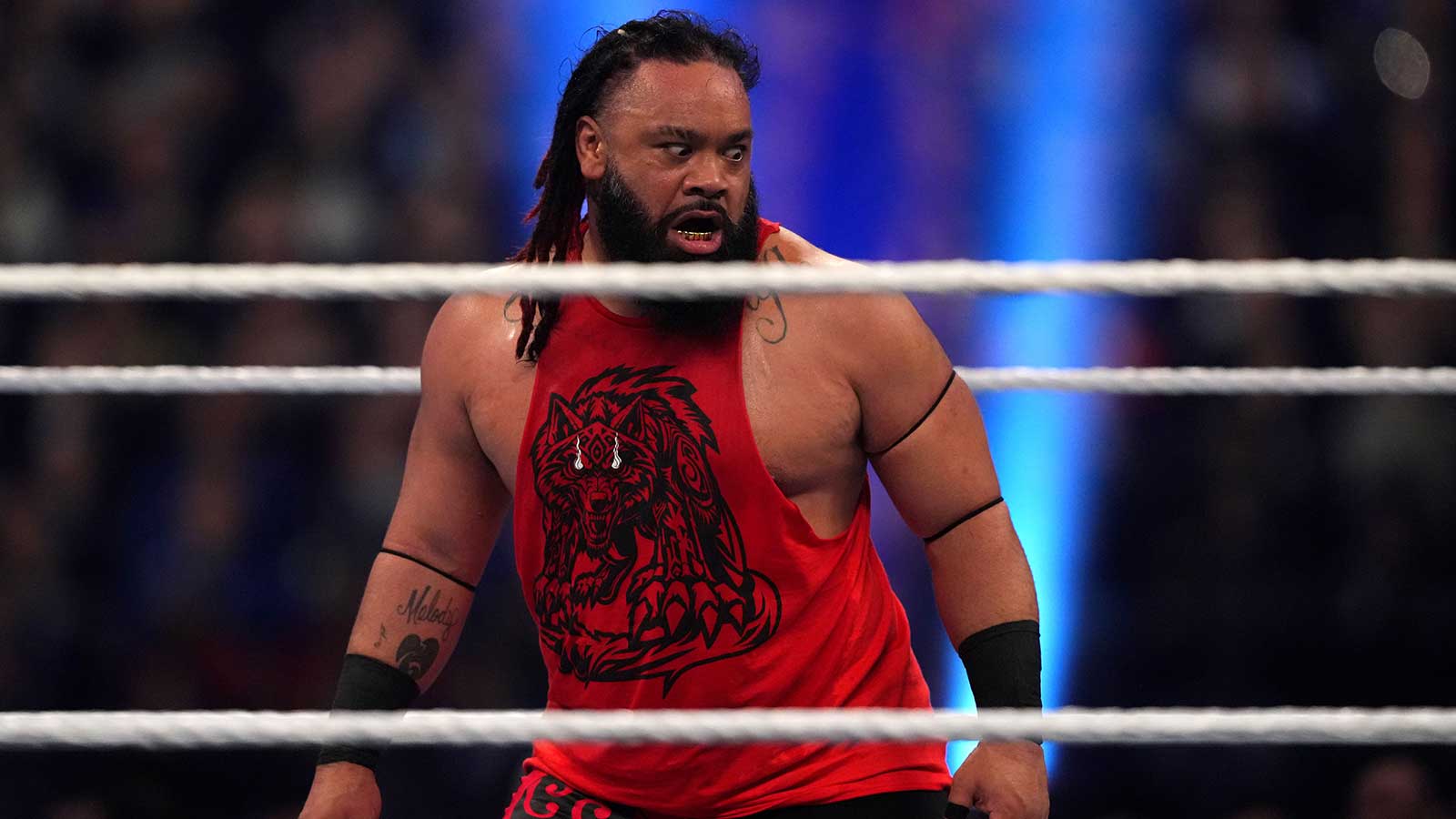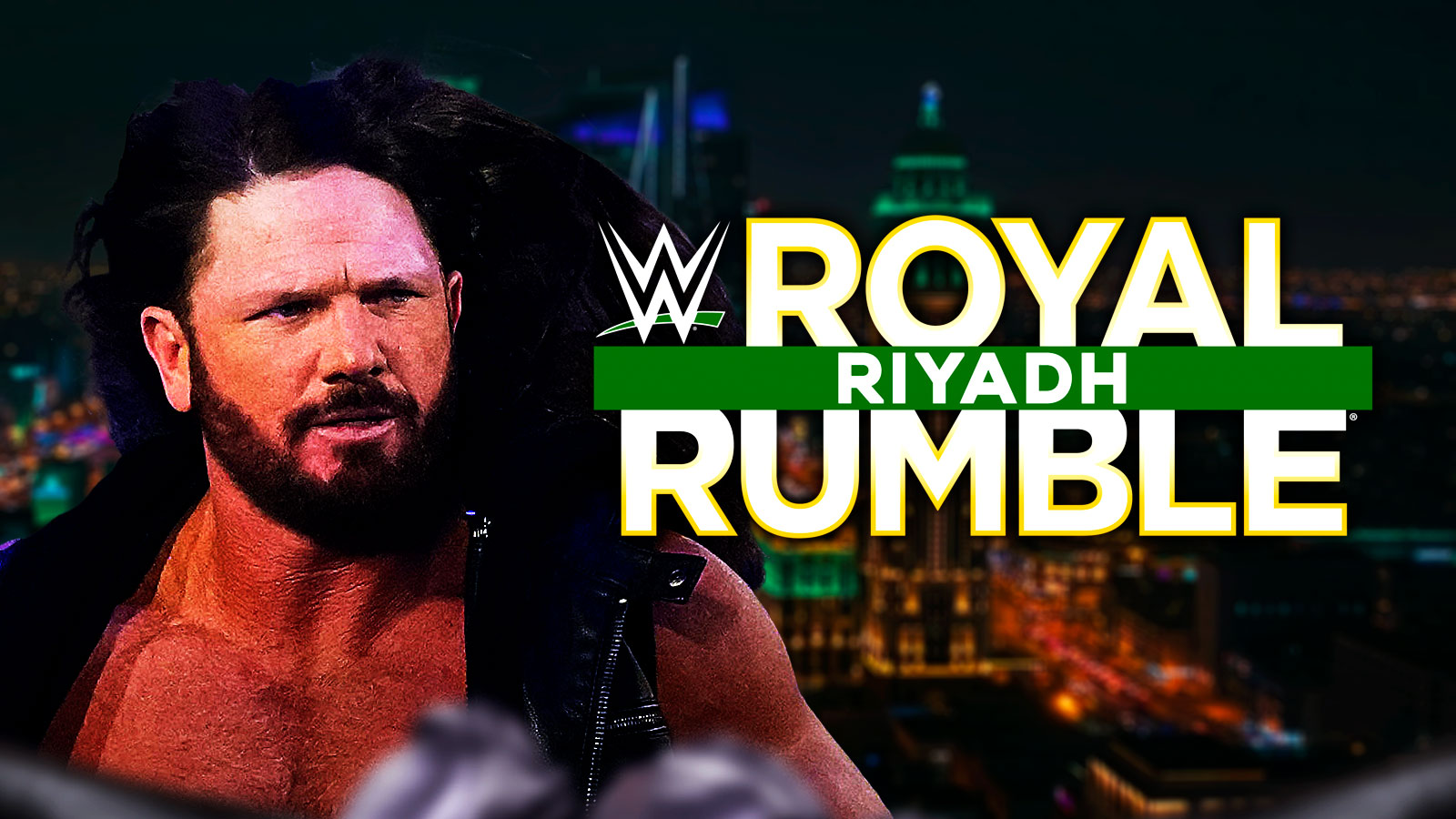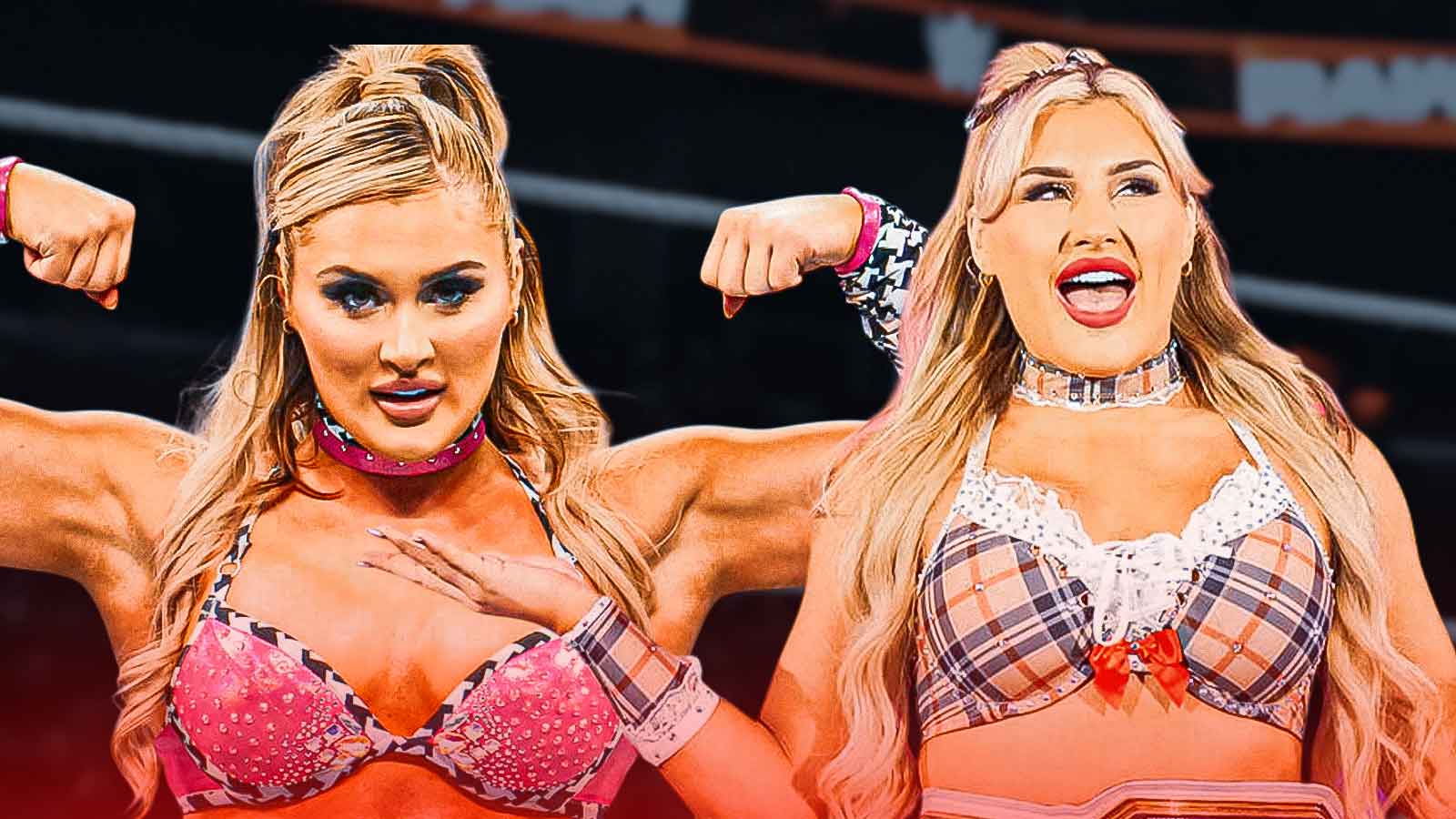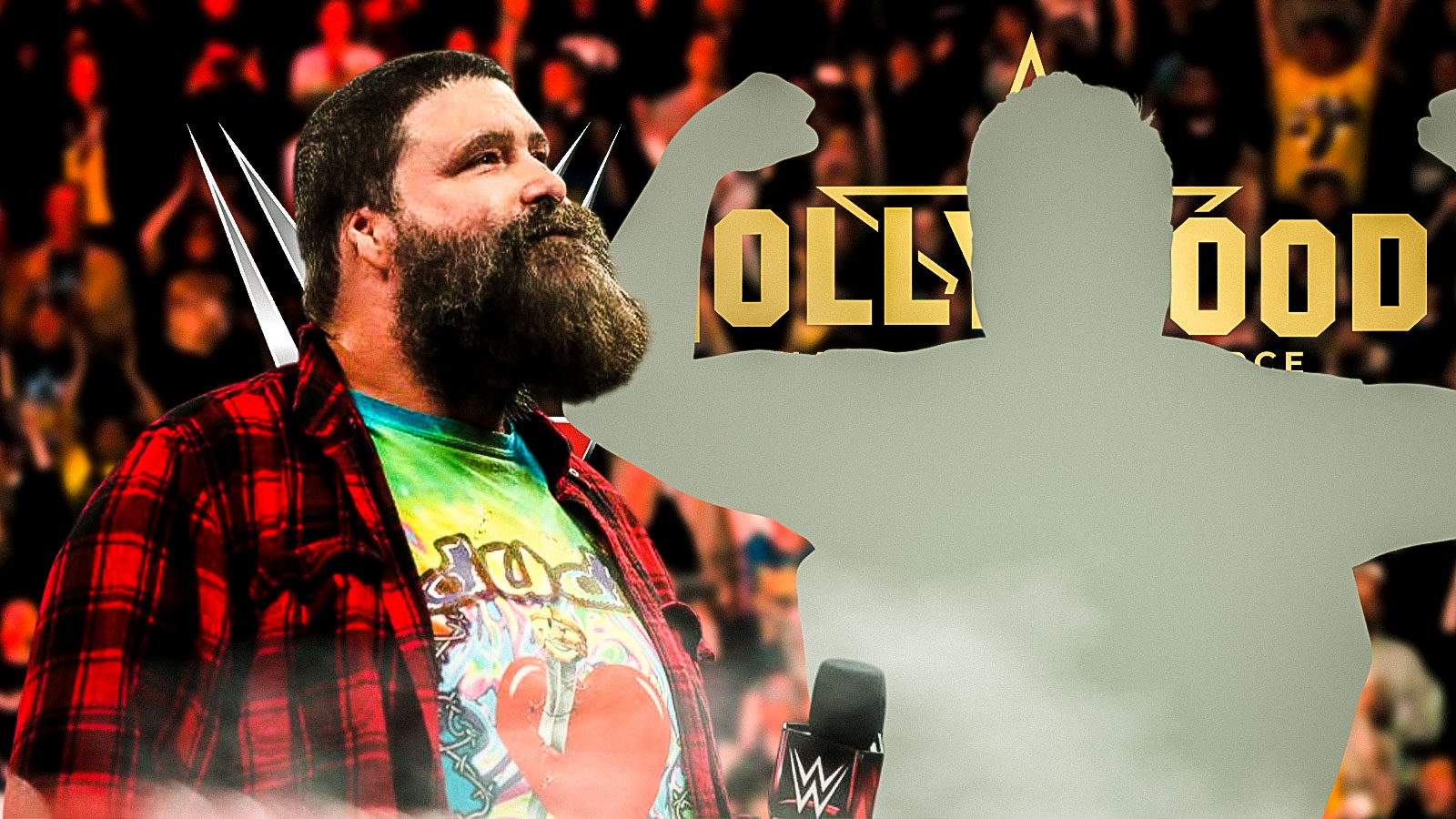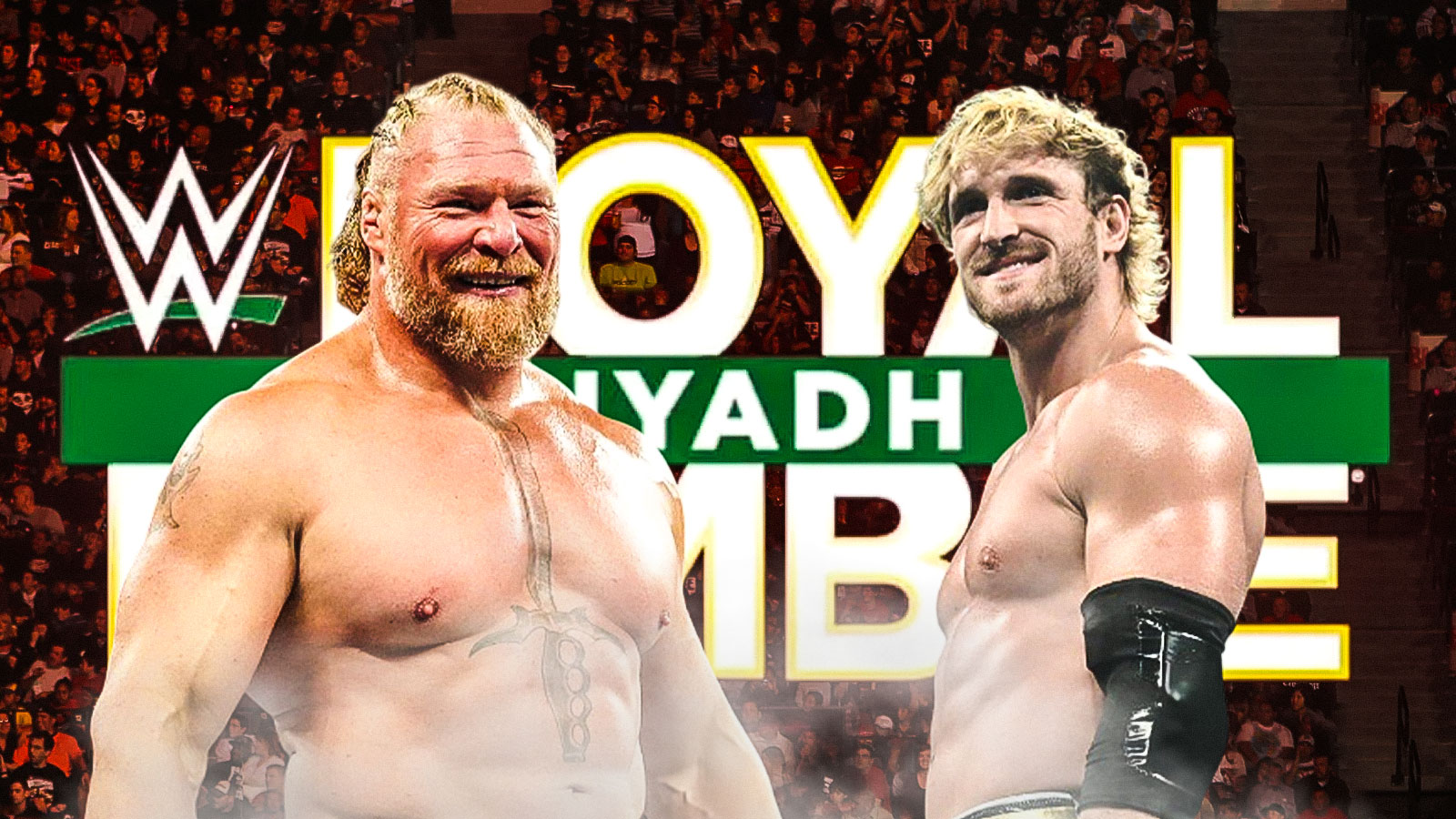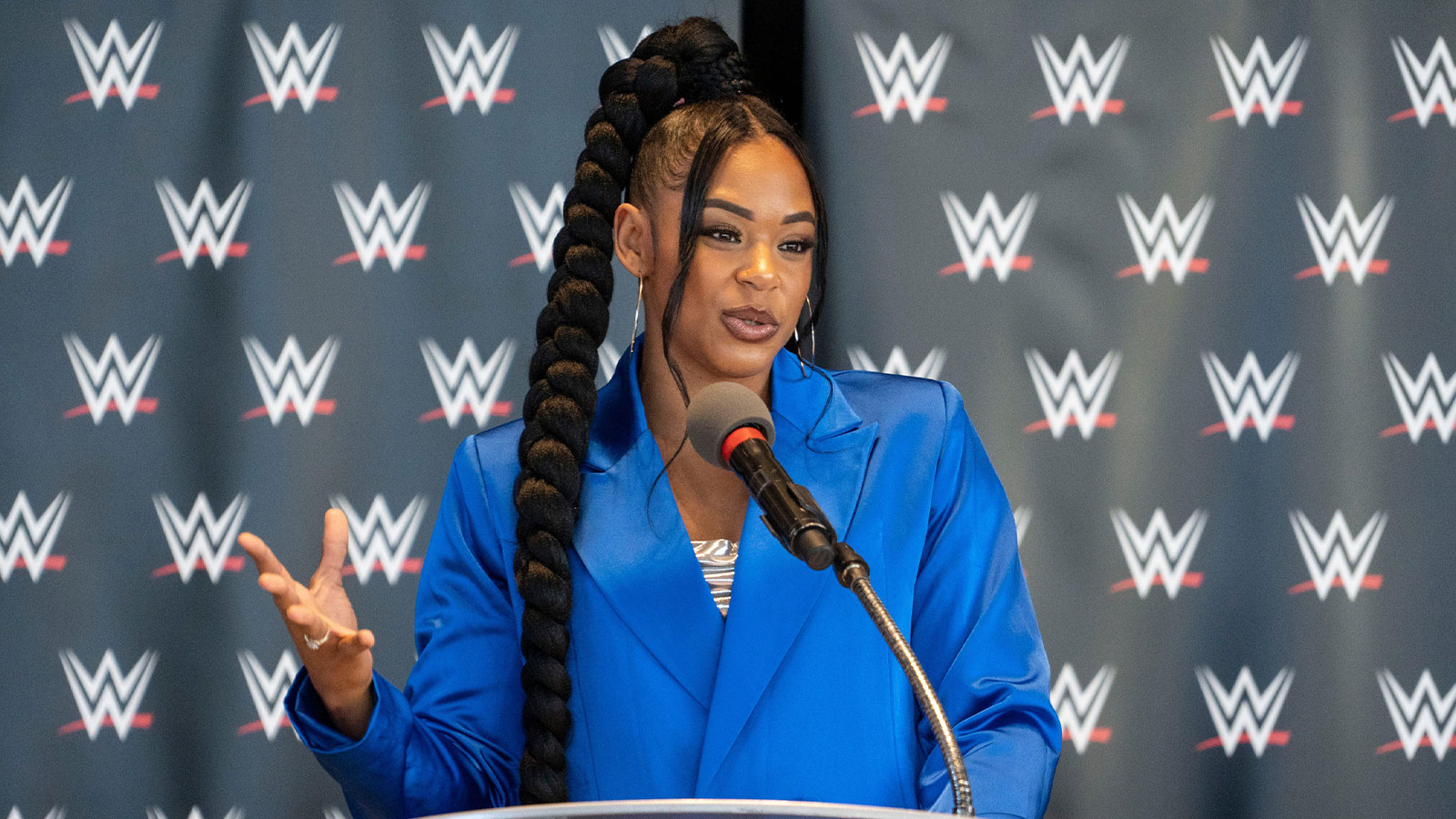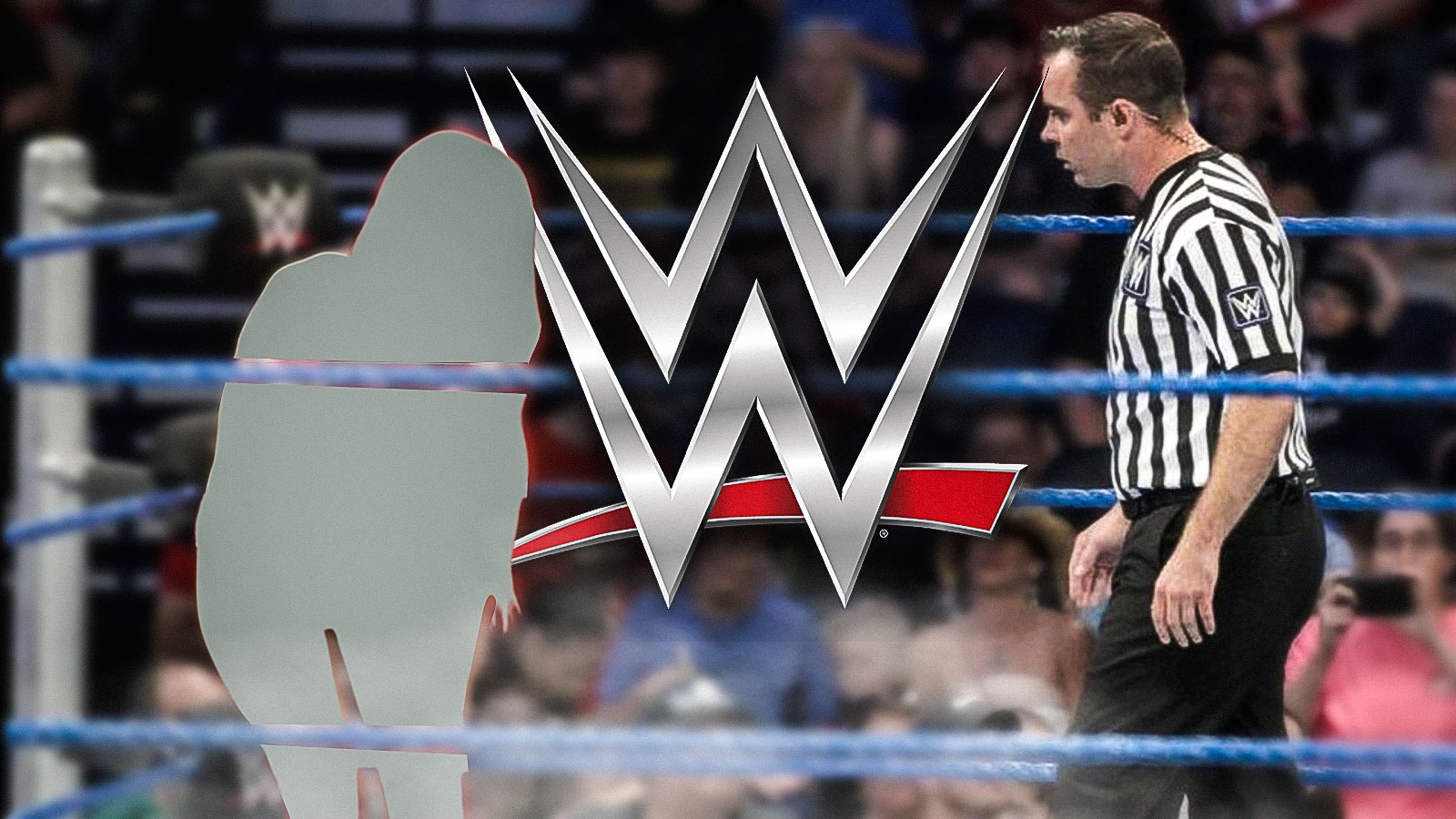Becky Lynch has been a member of the WWE Universe since 2012, when she retired her Rebecca Knox and Komeera monikers to move to Orlando and become one of the first members of the NXT roster.
Over that decade and change, Lynch has worked some 900 matches, won seven titles, and even become one of the most popular performers in WWE history, helping to usher in the Women's Revolution and become “The Man” in a company that has almost exclusively pushed men as its top stars.
And yet, even now, with 20 years in the business, when Lynch looked back on her career, she feels more acceptance than hunger, as she noted to Kevin Patrick and Corey Graves on After The Bell.
“I think in some ways, yes. I think there’s very much an appreciation to the transitory nature of life, I suppose, and I think kind of coming to terms with, you can’t hold onto any of these things. You can’t go, ‘Okay, yeah, but I want to win the main event for the first time and win two championships again.’ You can’t hold onto that, and you can’t reach for the same thing again. You kind of have to always move on and find new goals, and kind of appreciate the things that happen,” Lynch said via Ringside News.
“But I don’t think you ever kind of really sit back and go, ‘Yeah, I made it,’ because you’re always on to the next thing. I think if anything, it’s given me an appreciation of aging. I know that sounds kind of weird or whatever, but I think we’re in such an industry that you feel, when you get to a certain age, by the way, I’m still young. I’m still very young, but you see comments or whatever it is. ‘Oh, she’s looking old,’ or whatever. You never read the comments, but sometimes, you’ll happen to stumble upon one.'
“We’ve still got so much to do.’ I have earned every wrinkle on my face, every gray hair that you’ll never see because I’ve dying it since I was 15, and you kind of have this appreciation for life and how we’re just constantly progressing, and things happen, and then they’re gone, and you can’t hold onto them, and we have to keep moving forward, and what’s the next thing, and how do we appreciate what’s happening right now?”
Though Lych has since found clarity in her professional wrestling career, there was a time when she was far more combative with the WWE creative team, causing undue stress on her relationship with the sport she loves.
Becky Lynch revealed how she became comfortable with her role in WWE.
Elsewhere in her conversation with Corey Graves and Kevin Patrick, Becky Lynch delved into her previously combative relationship with WWE's writers and how she has since accepted that, though storylines are important, her job is to get a reaction with the material she's given, as opposed to writing her own stuff.
“I have a good amount of input into my storylines,” Lynch said. “I think in recent months, I’ve changed my outlook on how I approach my creative process. I think I used to get so hung up on my ideas, and I want my ideas to go exactly my way. If they didn’t go my way, I would be in a bad mood all day, and I’d let everybody know about it, and I’d fight and I’d fight and I’d fight,” Lynch said.
“Then if it didn’t go my way, I’d still be fighting until I came back through the curtain. That takes up a lot of energy, and so instead of doing that, now I will take whatever creative is given to me, and I will say, ‘Okay, whether I like this or not, can we change this? Okay, we can’t? How do I make this the best it can possibly be?’ So that’s my creative process now is kind of giving in to, it’s not my company, it’s not my sandbox. My job is to make it as good as possible and get the fans and the people to care as much as possible.”
WWE is a weird, weird business. Performers spend their entire careers building up a character that they have no legal right to, and can see that work thrown away at a moment's notice if a higher-up decides to go in a different direction, as someone like LA Knight or his soon-to-be former Maximum Male Models will tell you. While “Big Time Becks” would certainly like to get back to the top of the card and become one of the top-billed performers in WWE, all she can control is her own efforts; how WWE decides to handle those efforts, however, is what separates Hall of Famers from what-could-have-beeners.

